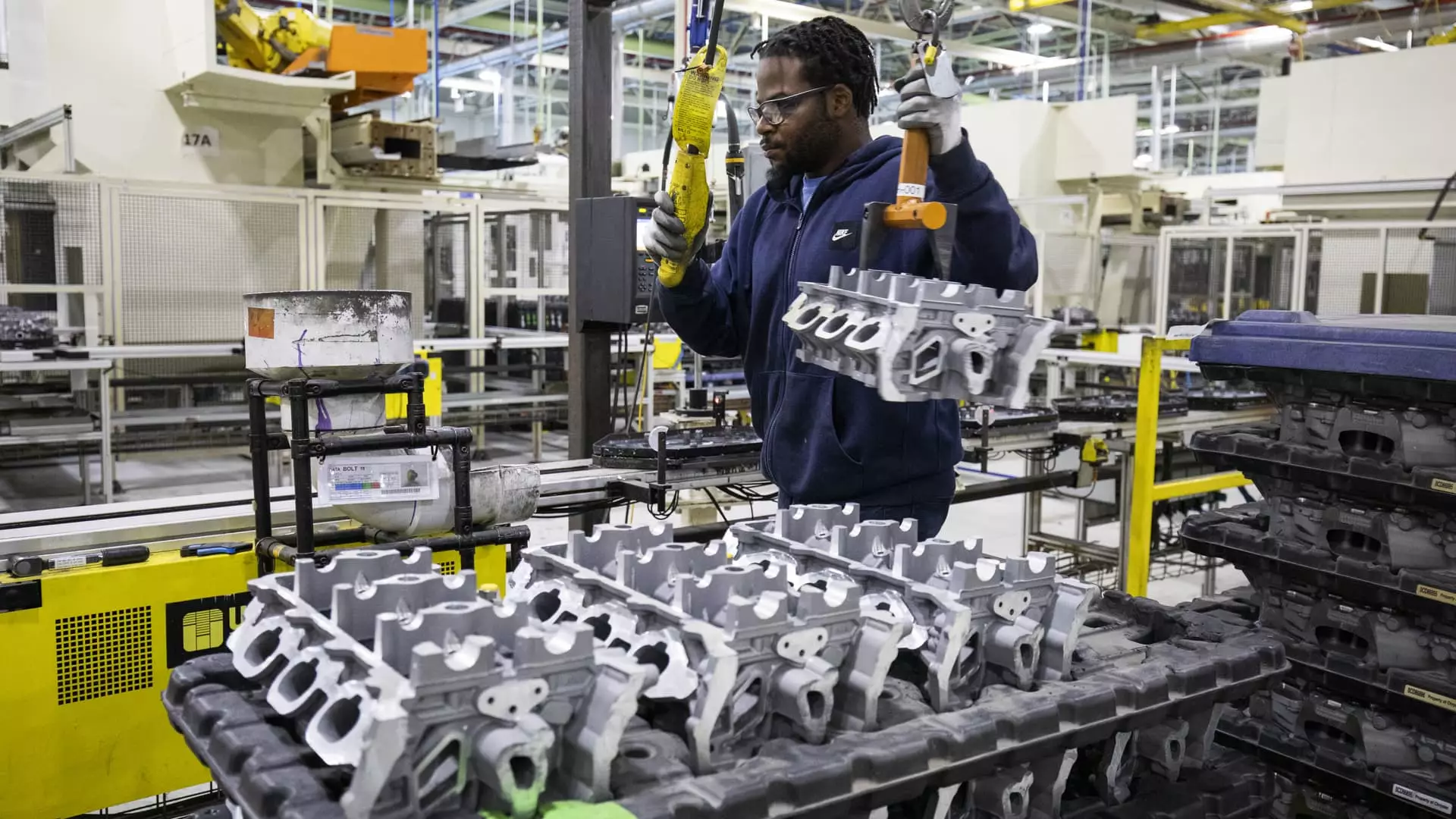In an unprecedented show of solidarity, six leading policy organizations representing the U.S. automotive sector have united against the impending 25% tariffs on auto parts, a drastic measure poised to take effect on May 3. This collective response underscores not only the gravity of the situation but also a noteworthy recognition of vulnerabilities within an industry that is often seen as robust. The groups, including the Alliance for Automotive Innovation and the National Automobile Dealers Association, have conveyed their concerns in a strongly worded letter directed at key officials in the Trump administration. They assert that imposing such tariffs could precipitate a crisis that would reverberate through the entire automotive production ecosystem.
Supply Chain Fragility and Economic Fallout
The auto industry is at a critical juncture, facing disturbing realities that could lead to disastrous outcomes, including production stoppages, layoffs, and potential bankruptcies. The joint letter highlighted that many auto suppliers are already “in distress,” suggesting a precarious balance that could easily tip into chaos. This worrying state stems from the competitive pressures compounded by recent global events, including the pandemic which already severely tested the industry’s resilience. The notion that the failure of a single supplier could trigger a catastrophic chain reaction resulting in shutdowns at automaker production lines is not merely an abstraction; it is a present threat.
Automakers and suppliers contribute significantly to the U.S. economy, supporting around 10 million jobs and injecting a staggering $1.2 trillion into the annual economic fabric of the nation. Thus, the proposal for tariffs isn’t just an automotive issue; it’s a matter that touches the lives and livelihoods of millions of American families. The political decision to impose such tariffs reveals a striking lack of perspective on the nuanced realities of the automotive production landscape.
A Misstep in Policy Making
President Trump’s earlier indications of a willingness to reconsider these tariffs provide a glimmer of hope, yet the uncertainty remains palpable. Encouragingly, the President mentioned the possibility of extending grace periods to auto companies grappling with supply chain disruptions as they aim to increase domestic production. However, this reactive approach to policy does little to assuage the anxiety of those currently involved in automotive production. The auto industry thrives on clear and stable regulations, and the specter of tariffs hangs like a dark cloud, threatening to undermine the economic recovery that many stakeholders desperately seek.
The harsh reality is that tariffs are a blunt instrument in trade policy. While seeking to encourage domestic manufacturing is an admirable goal, the method of imposing severe costs on parts without a thoughtful, phased transition is fundamentally flawed. Experts have warned that such tariffs could result in an industry-wide economic downturn, leading to a significant drop in vehicle sales and pushing prices for both new and used cars to unsustainable levels. The projected increase in costs—exceeding $100 billion—translates into higher prices for consumers, which ultimately harms the very workers the government claims to protect.
A Tipping Point for the Future of the Industry
As the automotive industry navigates this turbulent landscape, the need for collaborative, forward-thinking strategies becomes more pronounced. Rather than fomenting division or imposing swift punitive measures, policymakers should strive to engage with industry stakeholders to foster a more resilient supply chain system that can adapt over time. Building a robust automotive sector requires more than just mandates; it demands investment in infrastructure, workforce training, and the fostering of innovation.
The implications of these tariffs extend beyond financial costs; they represent a critical moment where the government must listen to its industry. The opportunity for dialogue and compromise exists, but it necessitates a departure from reactionary policies in favor of a holistic approach to American manufacturing. The stakes are high, and the future of an entire sector—along with the millions of jobs it supports—hangs precariously in the balance. In times like these, it is crucial for the government to champion rationality over rigidity, alignment over alienation, and pragmatism over political posturing. The time to reconsider is now, as the automotive industry bids to reclaim the promise of a vibrant future amidst the shadows of tariff-induced turmoil.


Leave a Reply